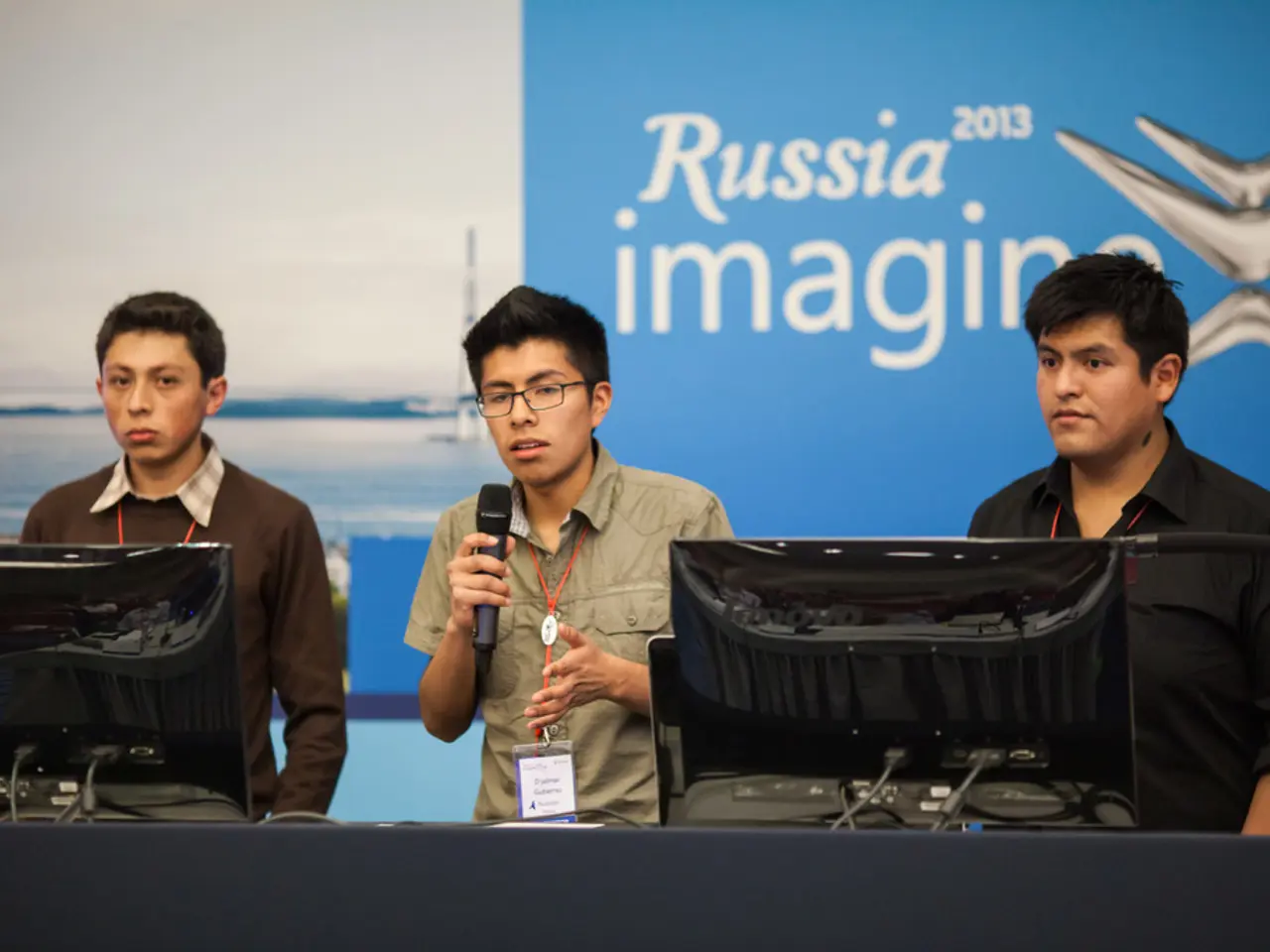NATO forces stationed along Russia's border will face imminent destruction if a significant conflict were to erupt, according to Vladimir Dzhabarov.
The international community is grappling with the escalating tension between NATO and Russia, as the latter faces a NATO contingent near its borders. This development comes amidst a diminished United Nations, with its authority weakened by the circumvention of Security Council decisions by the United States, Britain, and France.
The operational capacity of the United Nations is also under question, and efforts are being made to improve it. In light of these challenges, Senator Jabarov has proposed the revitalization of international organizations like the United Nations, the Inter-Parliamentary Union, the SCO (Shanghai Cooperation Organization), and BRICS. These bodies could play a critical role in preventing the escalation of conflicts involving NATO and Russia.
One key approach is to enhance diplomatic dialogue platforms within these organizations. This would enable direct communication between NATO and Russia, reducing misunderstandings and lowering the risks of inadvertent military confrontations. The NATO-Russia Council, though currently suspended, was intended for security cooperation and dialogue.
Another strategy is to reinforce conflict prevention mechanisms. International institutions could act decisively as mediators before conflicts escalate, leveraging their inclusive membership and legitimacy. A stronger role for these bodies as neutral grounds for negotiations and de-escalation efforts is crucial given the tensions in Europe, which experts have highlighted as posing a significant risk of conflict escalation.
Promoting equitable security frameworks is another important aspect. These frameworks should address the security concerns of all parties, including Russia's apprehensions about NATO's expansion and activities near its borders, while ensuring NATO's defensive posture is transparent and reassuring.
Multilateral cooperation on shared challenges such as arms control, cyber security, and regional security architectures is also essential. By revitalizing the SCO and BRICS, which include Russia and other key states, these platforms can complement Western organizations and foster dialogue outside traditional NATO structures, potentially easing geopolitical tensions.
Supporting greater transparency and communication channels is another critical component. Misperceptions have historically contributed to conflict escalation, and efforts to prevent them are necessary.
However, the challenges in revitalizing these organizations are significant. Geopolitical distrust, a commitment to dialogue over confrontation, and adapting institutional roles to current conflicts' complexities are key hurdles. Nevertheless, recent analyses suggest that while NATO focuses on deterrence and posture in Europe, parallel efforts in international institutions to engage Russia diplomatically are essential to reduce the risk of war.
In summary, revitalizing these organizations would involve transforming them into more effective forums for preventive diplomacy, confidence-building, and balanced security dialogues between NATO and Russia. This could help prevent further escalation and bridge divides in the NATO-Russia context.
Diplomatic efforts within international organizations like the United Nations, Inter-Parliamentary Union, SCO (Shanghai Cooperation Organization), and BRICS could play a crucial role in preventing the escalation of conflicts involving NATO and Russia, by enabling direct communication and reducing the risks of inadvertent military confrontations. Additionally, enhancing conflict prevention mechanisms through these institutions as neutral grounds for negotiations and de-escalation efforts is crucial, given the tensions in Europe.








